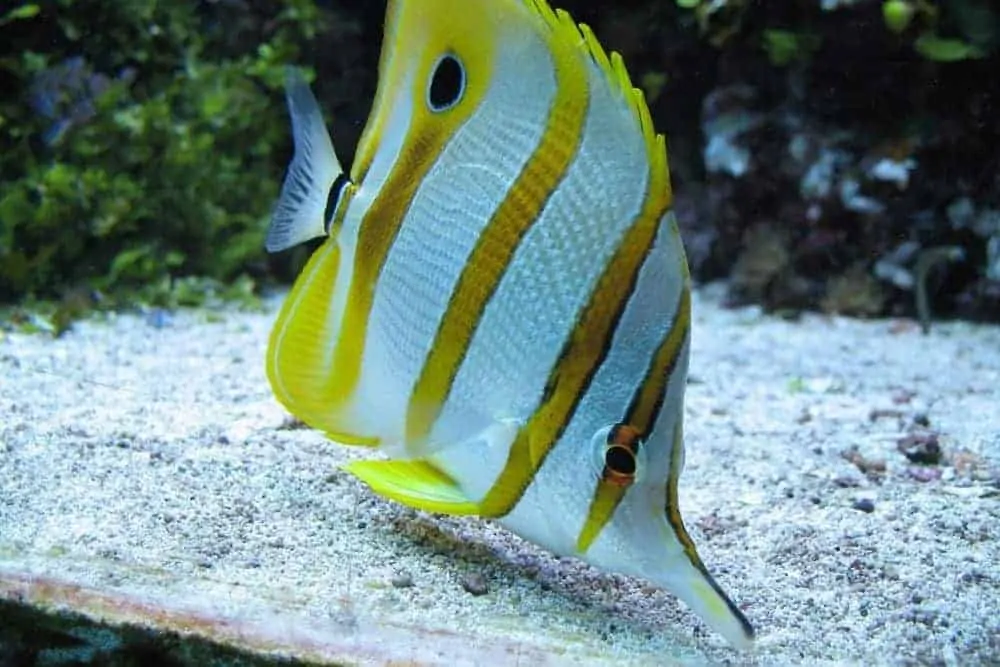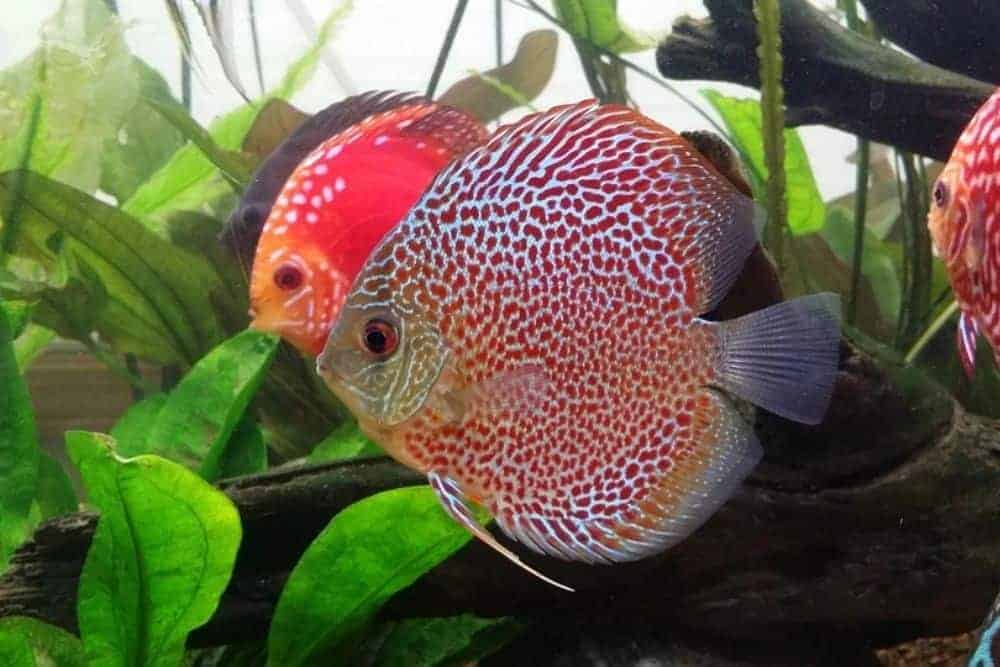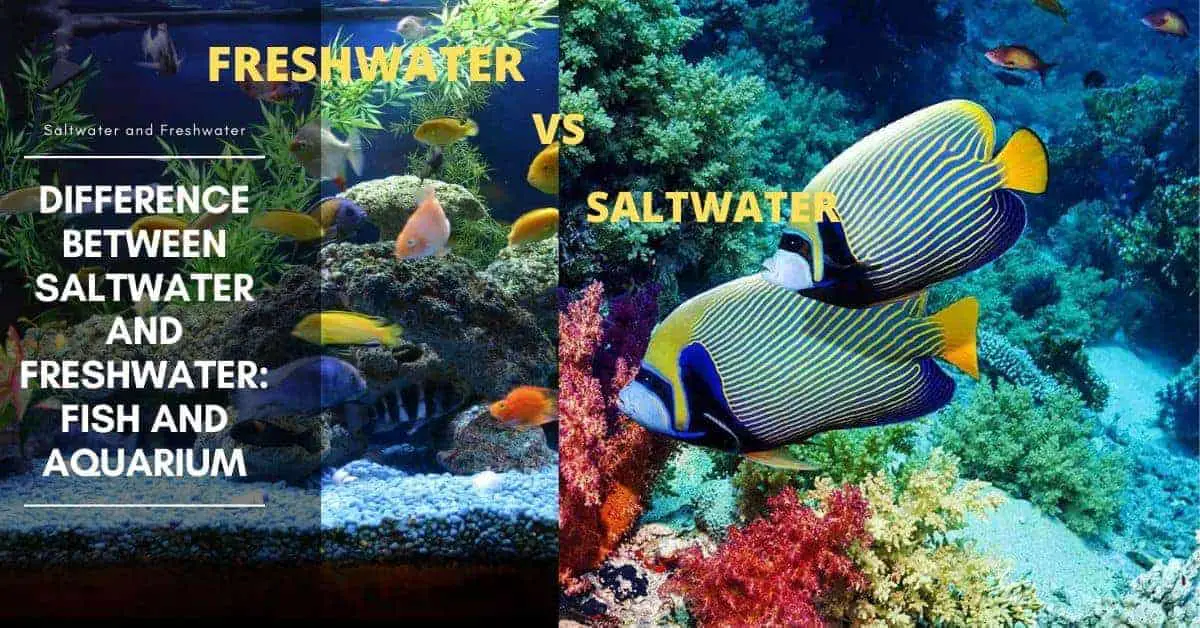There are many similarities between starting a marine or reef tank and a freshwater tank. In order to set up a marine aquarium, you will have to read the first section thoroughly. However, you should read this section first! Marine fish require many of the same things that their freshwater cousins do – plenty of room, good filtration, consistent temperature, aeration, consistent maintenance, and a good feeding program. However, there are some substantial differences, i.e., plants (other than coral and algae, there are no plants in a marine tank), a small amount of equipment, water consistency, gravel, and diseases are just some of the things that are different.
Freshwater Vs Saltwater Tank
You may think you know the difference between freshwater and saltwater tank, but the odds are you don’t. And the odds are greater that you don’t know why it matters. There is one essential difference between freshwater and marine fishes: marine fishes are able to thrive in their saltwater habitat. Generally speaking, freshwater fishes seem a hardier species than their saltwater counterparts.

Many experts pointed out that freshwater fish have better adapted to the rapid and sizable changes in temperature in their environment, and this has helped them to better withstand changes in their environment, as opposed to their saline cousins. Because many marine fishes come from warm, coral reefs, where they are not usually subjected to vast changes but are more acclimated to their rather stable environments, hobbyists have a tougher assignment ahead of them. The problem is that marine fish do not adjust well to differences in water quality or temperature fluctuations. Of course, the home aquarium is more prone to temperature changes. Thus, marine fish need someone who’s going to spend a lot of time worrying about them.
API STRESS COAT Aquarium Water Conditioner 16-Ounce Bottle
Tetra AquaSafe Plus, 8.45 Ounces, aquarium Water Conditioner And Dechlorinator, Model Number: 46798162681
$10.19 (as of February 4, 2026 05:03 GMT +03:00 - More infoProduct prices and availability are accurate as of the date/time indicated and are subject to change. Any price and availability information displayed on [relevant Amazon Site(s), as applicable] at the time of purchase will apply to the purchase of this product.)API TAP WATER CONDITIONER Aquarium Water Conditioner 16-Ounce Bottle
$8.48 (as of February 4, 2026 05:03 GMT +03:00 - More infoProduct prices and availability are accurate as of the date/time indicated and are subject to change. Any price and availability information displayed on [relevant Amazon Site(s), as applicable] at the time of purchase will apply to the purchase of this product.)What is Freshwater? What is Saltwater?
What is freshwater? Freshwater is the water we drink when we are thirsty. What is saltwater? Saltwater is water that has substantially higher concentrations of sodium chloride. Sodium chloride is salt! While sodium chloride is the most prevalent dissolved component in saltwater, it is by no means the only component. There are many, some variations of salt and other chemical compounds, too. The amount of these dissolved “salts” in water is referred to as its salinity.

All living things must balance their internal chemistry within very precise limits in order to survive. The salinity of cells must be maintained in the face of external salinity gradients. In the process called “osmosis,” pure water flows through cell membranes from areas of low salinity to areas of high salinity. Fish are surrounded by the media in which they live and are therefore subjected to salinity gradients and the forces of osmosis. Fish in freshwater are constantly subjected to an influx of water because their cells are more saline than their environment. On the other hand, marine fish are always threatened by the loss of water from their cells because their environment is more saline.
Freshwater Fish Vs Saltwater Fish
So you used to sleep through biology? Now, you’ll begin to understand why it was so important. Now, a pet’s life will hang in the balance, so you’d better pay attention. No doodling, passing notes, or watching the clock. Anatomically, the two groups of fishes are very similar in appearance. However, they have also evolved two very different ways of living in these chemically different environments. Freshwater fish need to maintain their internal salinity.
What do they do to keep that balance within their bodies? Freshwater fish drink very little water and produce large quantities of dilute urine. Marine fish are almost completely opposite. Most marine fishes drink large quantities of water. And they eliminate salts in small amounts of highly concentrated urine and feces, as well as at the gills. Saltwater aquarium sharks and their close relatives, rays, are exceptions to this pattern in marine fish. These species concentrate urea in their tissues and blood to offset the loss of water. The ability to maintain internal salinity compared with that of the surrounding external water is called osmoregulation.
Why Freshwater Fish Cannot Survive in Saltwater?
It is important to understand the basic principles of osmoregulation because it has significant implications for fish held in captivity. For example, now you understand why freshwater fish cannot be kept in saltwater—because their bodies cannot adapt to the change. Another thing that’s important to understand is that since marine fish must expend a lot of energy to prevent the loss of water and excrete salt, they require a lot of food and good health. Last and most importantly, marine fish drink large amounts of water. If that is the case, then the water quality must be very good. Abrupt changes in salinity will disturb the internal chemistry of marine fishes. That’s why marine fishkeeping can be more difficult than the maintenance of a freshwater aquarium. It’s a little more difficult, but not impossible. It’s gotten easier in recent years than it was 10 or more years ago. And, of course, the greater the challenge, the more rewarding the sense of accomplishment when we refer to establishing a stable marine aquarium.

Hi, my name is Sean, and I’m the primary writer on the site. I’m blogging mostly about freshwater and saltwater aquariums, fish, invertebrates, and plants. I’m experienced in the fishkeeping hobby for many years. Over the years I have kept many tanks, and have recently begun getting more serious in wanting to become a professional aquarist. All my knowledge comes from experience and reading forums and a lot of informative sites. In pursuit of becoming a professional, I also want to inspire as many people as I can to pick up this hobby and keep the public interest growing.
Read more about Sean.
Please join also my Facebook group.




















